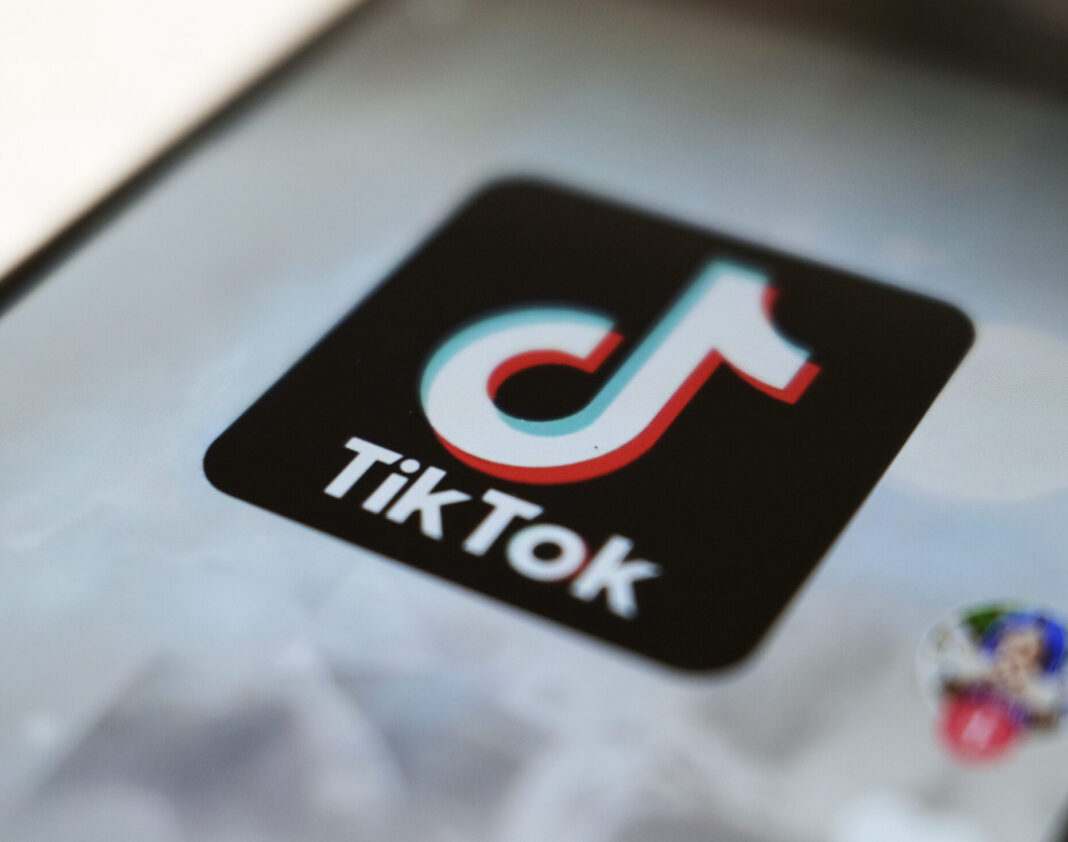Austin — The early morning sun peeked through the blinds, casting soft shadows over the bustling city of Austin. But beneath the surface of this ordinary autumn day, a storm was brewing—a legal storm that could shape the future of tech giants and the digital lives of our children. In a move that’s made headlines across the country, Texas Attorney General Ken Paxton has filed a lawsuit against TikTok, accusing the social media behemoth of violating the privacy of minors.
For many parents, this lawsuit isn’t just about a tech company—it’s about trust. The trust that when their children navigate the vast, sometimes treacherous waters of the internet, their personal information won’t be used as currency. The trust that their digital footprints won’t become fodder for the highest bidder. And, as a parent myself, I can’t help but feel the weight of this. It’s as if we’re standing at a crossroads—one path leading toward accountability, the other, a continuation of unchecked data harvesting.
TikTok’s Alleged Violations of Child Privacy Laws: Closer Look
The lawsuit, filed under the Texas Child Protection Law, claims that TikTok has been collecting and sharing personal information from minors without the proper parental consent, violating the Securing Children Online through Parental Empowerment (SCOPE) Act. Introduced in September 2023, SCOPE mandates that companies must offer parents direct control over their child’s online activity, including oversight of data collection and the ability to block content. But TikTok, according to Paxton, has fallen woefully short of these requirements.
What TikTok Got Wrong: Breakdown of the Allegations
Let’s break it down:
- Lack of Parental Controls: TikTok’s parental control tools, while present, are deemed inadequate. The platform allows parents to link accounts with their children, but there’s no stringent verification process to confirm the adult’s identity. Worse, minors can override parental oversight by simply consenting to share their data—a glaring loophole.
- Selling and Sharing Data: According to the lawsuit, TikTok has allegedly sold minors’ personal information to third parties, including advertisers, without parental consent. If true, this puts millions of children at risk of being targeted by advertisers and data brokers.
- Inadequate Transparency: The platform has been accused of not being transparent enough about what kind of data it collects and how it’s used, leaving parents in the dark.
The Broader Impact on Tech Giants
But this lawsuit isn’t just about TikTok. It’s about the broader responsibility tech companies have toward safeguarding the youngest and most vulnerable users. And, as we’ve seen in recent years, public sentiment has been shifting. There’s a growing frustration with Big Tech’s seeming disregard for privacy, especially when it comes to children.
Ken Paxton’s lawsuit sends a clear message: “No more.” It’s a call for accountability, a demand that companies finally take the safety of minors seriously. And it could set a powerful precedent. Imagine a world where tech companies don’t just consider data collection a business model but recognize it as a profound ethical responsibility.
I wonder if, late at night, the executives at TikTok and ByteDance feel the weight of that responsibility. When the lights are off and the noise dies down, do they think about the children whose information they’ve harvested like a digital crop, or are they focused solely on profits?
What This Means for Parents: Protecting Your Child’s Privacy Online
As a parent, the news of this lawsuit hits close to home. It’s a stark reminder that while platforms like TikTok can be entertaining and fun, they also pose risks. So, what can parents do? How do we ensure our children’s privacy is safeguarded when it feels like the digital world is stacked against us?
- Understand the Platforms: Take the time to learn how platforms like TikTok operate. Understand their data collection policies and parental controls—don’t just rely on what the company says but dig deeper.
- Use Parental Tools: Make use of the tools available to you, even if they aren’t perfect. You might not be able to fully control everything, but taking some control is better than none.
- Talk to Your Kids: Have ongoing conversations with your children about the importance of online privacy. Explain to them why protecting their personal information matters. They may not fully grasp it now, but instilling that awareness early on is crucial.
- Advocate for Stronger Laws: This lawsuit is a reminder that we, as parents, can advocate for stronger laws and protections. Use your voice to demand that tech companies do better.
The Road Ahead: Will TikTok Change Its Ways?
In the coming months, this lawsuit will unfold, and all eyes will be on TikTok. Will the company step up and make meaningful changes, or will it fight the allegations tooth and nail? More importantly, will this case inspire other states to follow Texas’s lead, or even spur national regulations that finally put child privacy at the forefront?
It’s hard not to feel a pang of uncertainty. We’ve seen Big Tech fight back before, pouring millions into lobbying and legal teams to sidestep regulations. But I hold onto hope—hope that this time, the tide will turn in favor of those too young to advocate for themselves. Maybe this lawsuit will be the wake-up call that forces tech companies to finally recognize the immense power they hold and the responsibility that comes with it.
Because if they don’t, who will? If companies like TikTok can continue to exploit the data of children without consequences, what kind of digital world are we leaving behind for them? A world where privacy is nothing more than a nostalgic notion, something we tell our kids about like an old fairy tale.
But maybe, just maybe, this lawsuit will be the first step in changing that narrative.


